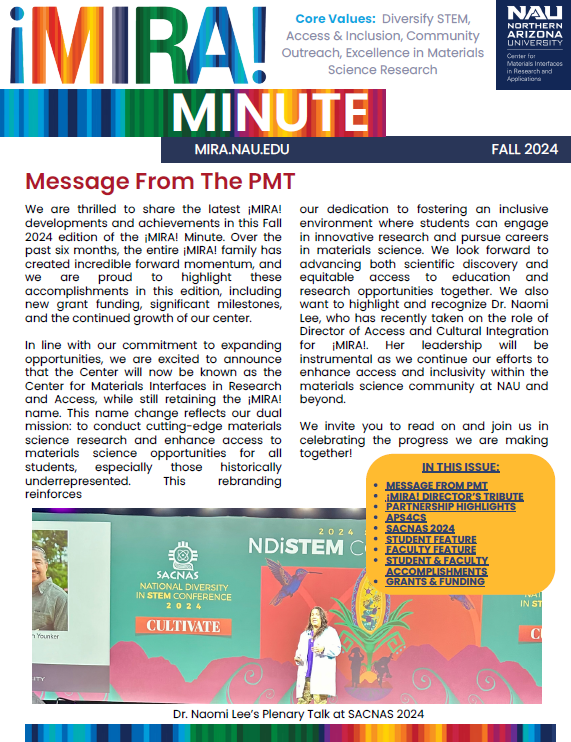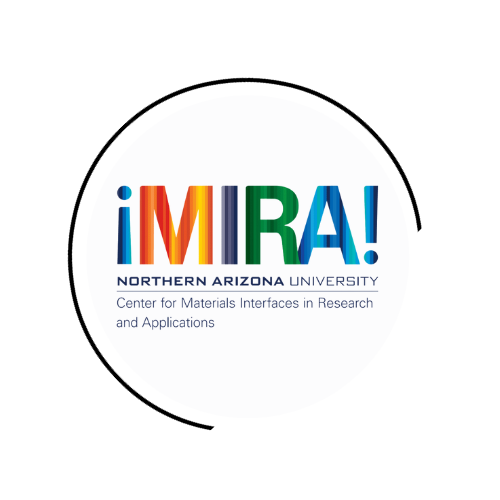Northern Arizona University, Applied Physics and Materials Science graduate student, Alondra Hernández-Cedillo, received the Francisco Estrada Award in Scientific Research for the best thesis dissertation from the Government of the State of San Luis Potosí de México. Only one person from the entire state was recognized this year in this category.
It is worth mentioning that Francisco Estrada was born in San Luis Potosí, Mexico and is known as the first Mexican electrician due to his important contributions to physics in electromagnetism. His work situates him as the leading Mexican physicist of the 19th century. That is why the Government of San Luis Potosí chose his name for the prize in Scientific Research.
The Government of the state of San Luis Potosí through the Ministry of Culture in its 70th Contest called “Edition November 20, 2021” awarded 9 categories: Literature, Historical Research, Scientific Research, Sculpture, Visual Arts, Photography, Popular Arts Traditional, Musical Composition and Contemporary Dance.
The importance and relevance of this award lies in the fact that it is considered the oldest contest in Mexico in this genre, in which an economic, unique, and indivisible prize will be awarded to creators and researchers from all over the State of San Luis Potosí, both from the interior and the capital and from those who reside outside the entity, for their contribution to the enrichment of the art and culture of Potosí, through their work.
Hernández-Cedillo received the award in Scientific Research for her work entitled “Diagnosis of cervical cancer by saliva test”, which focuses on the development of a Raman spectroscopy technique called Enhanced Surface Raman Spectroscopy using silver nanoparticles to detect cervical cancer in saliva samples. In addition, she worked in two hospitals within San Luis Potosí, Mexico, to obtain samples to detect cervical cancer. The work was presented as part of the requirements for a master's degree in Applied Physics from the Autonomous University of San Luis Potosí in Mexico. The award was presented by a person representing the Governor of San Luis Potosí in a public ceremony where she received a certificate of recognition and a commemorative coin from the National House of Coins of 1659.
Hernández-Cedillo also received a second prize from the Government of the City of Valles, San Luis Potosí, Mexico, her hometown. In a public ceremony the municipal president, David Medina, gave Hernández-Cedillo a certificate of recognition for having received the Francisco Estrada award from the State Government.
Hernández-Cedillo said: “I want to continue doing scientific research in cancer research because I think it is really important to help more people.” Alondra continues her investigation at NAU.




